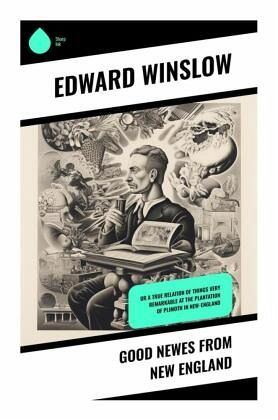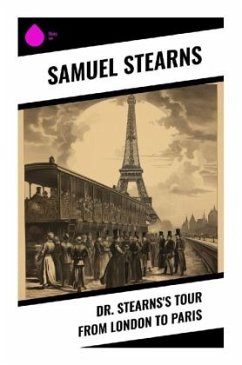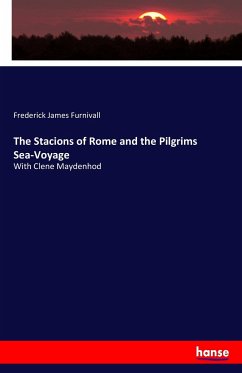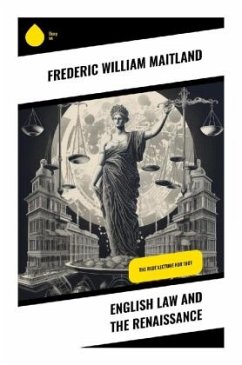
Good Newes from New England
Or a true relation of things very remarkable at the plantation of Plimoth in New-England
Herausgegeben: Young, Alexander
Versandkostenfrei!
Versandfertig in 6-10 Tagen
8,20 €
inkl. MwSt.
Weitere Ausgaben:

PAYBACK Punkte
0 °P sammeln!
In "Good Newes from New England," Edward Winslow presents a compelling account of the early experiences of the Pilgrims in America, blending personal narrative with theological reflection. Written in a clear, engaging prose characteristic of 17th-century literature, the work serves not only as a historical document but also as a testament to the Pilgrims' faith and their aspirations for a new life in the New World. The text intertwines descriptions of Plymouth Colony's founding, the relationships with Indigenous peoples, and the trials and triumphs faced by these early settlers, echoing the br...
In "Good Newes from New England," Edward Winslow presents a compelling account of the early experiences of the Pilgrims in America, blending personal narrative with theological reflection. Written in a clear, engaging prose characteristic of 17th-century literature, the work serves not only as a historical document but also as a testament to the Pilgrims' faith and their aspirations for a new life in the New World. The text intertwines descriptions of Plymouth Colony's founding, the relationships with Indigenous peoples, and the trials and triumphs faced by these early settlers, echoing the broader Puritan narrative of providence and perseverance during a tumultuous period of early American history. Edward Winslow, an influential leader of the Plymouth Colony and an articulate spokesperson for the Pilgrims, utilized his firsthand experiences and keen observations to craft a narrative that resonates with both contemporaneous and modern readers. His skills as a diplomat and his deep religious conviction undoubtedly shaped his perspective, prompting him to document the triumphs of the Pilgrims amidst adversity. Winslow's unique position within the colony allowed him a vantage point that enriched his writing, making it both informative and reflective. This book is highly recommended for readers interested in early American history, colonial studies, and the interplay between faith and community. Winslow's narrative not only enhances understanding of the Pilgrims' journey but also provokes thoughtful consideration of the complexities of cultural exchange and settlement in a new land.













